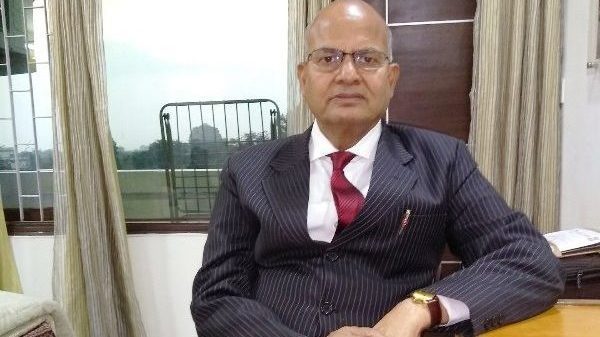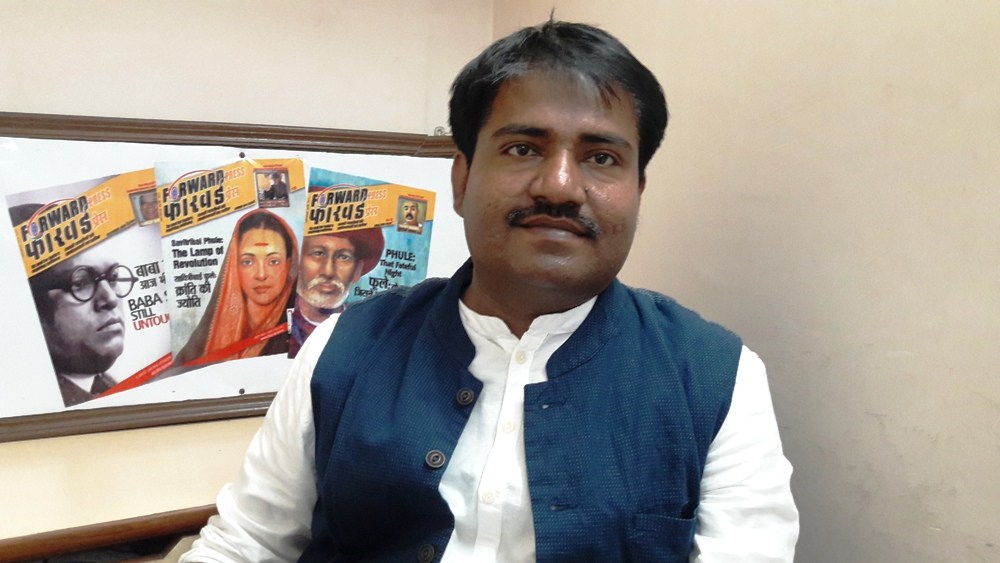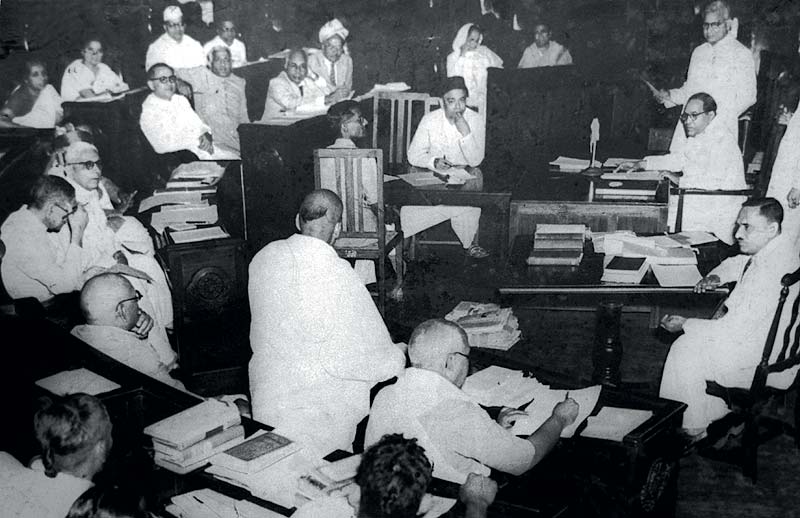V. Eshwaraiah has tirelessly fought for the rights of the backward classes since retiring as the Chief Justice of Andhra Pradesh, including while he was the chairman of the National Commission for Backward Classes. Now, against the backdrop of his appointment as the first chairperson of the Andhra Pradesh Higher Education Regulatory and Monitoring Commission, Eshwaraiah discusses his new role with Nawal Kishore Kumar:
Sir, you have been appointed the first chairperson of Andhra Pradesh Higher Education Regulatory and Monitoring Commission. I want to congratulate you on behalf of Forward Press. What are your priorities?
Thanks for your good wishes. The Andhra Pradesh Assembly has enacted the Andhra Pradesh Higher Education Regulatory and Monitoring Commission Bill 2019 and I have been appointed its chairperson with the rank of a High Court Chief Justice. Powers and functions of the commission include implementing all the regulations made by central and state regulatory authorities; monitoring and regulating admissions, examinations; checking the infrastructure, student-teacher ratio, standards, quality of education; fixing the fee so that no private higher educational institution collects excess fee or capitation fee and profiteers; undoing the commercialization of education. The Andhra Pradesh government is reimbursing the fee paid by students of all castes below the poverty line. Steps are being taken towards the social, political and economic justice, including providing 50 per cent reservations for SC, ST, OBC and Minorities in all political, nominated posts through an Act. Entire India has seen Chief Minister Y.S. Jaganmohan Reddy’s commitment to implement the vision of Mahatma Jotirao Phule and Dr Babasaheb Ambedkar.

You have been formerly the chairman of the National Commission for Backward Classes (NCBC). How do you rate the participation of the backward classes in higher education at present?
Based on my experience as a former chairperson of NCBC, the participation of OBC DNTs (Denotified Tribes) is nil and that of the OBCs – in education, employment and politics – not even 50 per cent of their population.
While you were the chairman of the NCBC, you had recommended phasing out of the creamy-layer principle or its limited use? Could you please explain the idea behind your recommendation?
Yes, as against 27 per cent of reservation meant for OBCs in the services only about 14 per cent has been occupied by OBCs by unjustly applying the creamy-layer principle. I have advised in my reports by citing the analysis that the creamy-layer principle should not be applied while granting reservation to the children of a husband and wife who have got promotion to Group A and Group B employment in the government after they turned 40, even though their annual salaries may be more than 25 lakhs.
The implementation of the creamy-layer policy today is against the expert committee report of 1993 and judgements of Madras and Delhi high courts and also against the report of the Parliamentary Committee for welfare of OBCs. Children, whose parents who are both schoolteachers and getting an annual salary of more than eight lakhs, are treated as belonging to the creamy layer and not considered eligible for reservations. The real economically weaker sections (EWS) are not getting reservations, but the rich are getting eligibility certificates made through manipulation. The idea is to ensure justice reigns and OBCs are not cheated and deprived of their constitutional right.
What are your plans for the future?
Among my future plans are making us backward classes aware about our rights and duties under the Constitution and getting our share in proportion to our population – in accordance with the categorization – in education, employment, politics and in the three organs of the state – legislative, executive and judiciary. I also want the All India Backward Classes Federation, which I founded, to reach out to the grassroots, become the biggest organization and build character.
What is your take on the developments in JNU, Shantiniketan – the fee hikes, new rules? Why is the central government resorting to these measures? How will these measures affect Dalitbahujan students?
The policy of this Rashtriya Swayamsevak Sangh (RSS)-guided government is to privatize education, health to enrich big corporates and drive the backward classes to pre-Independence era.
Copy-editing: Anil
Forward Press also publishes books on Bahujan issues. Forward Press Books sheds light on the widespread problems as well as the finer aspects of the Bahujan (Dalit, OBC, Adivasi, Nomadic, Pasmanda) community’s literature, culture, society and culture. Contact us for a list of FP Books’ titles and to order. Mobile: +919968527911, Email: info@forwardmagazine.in)






